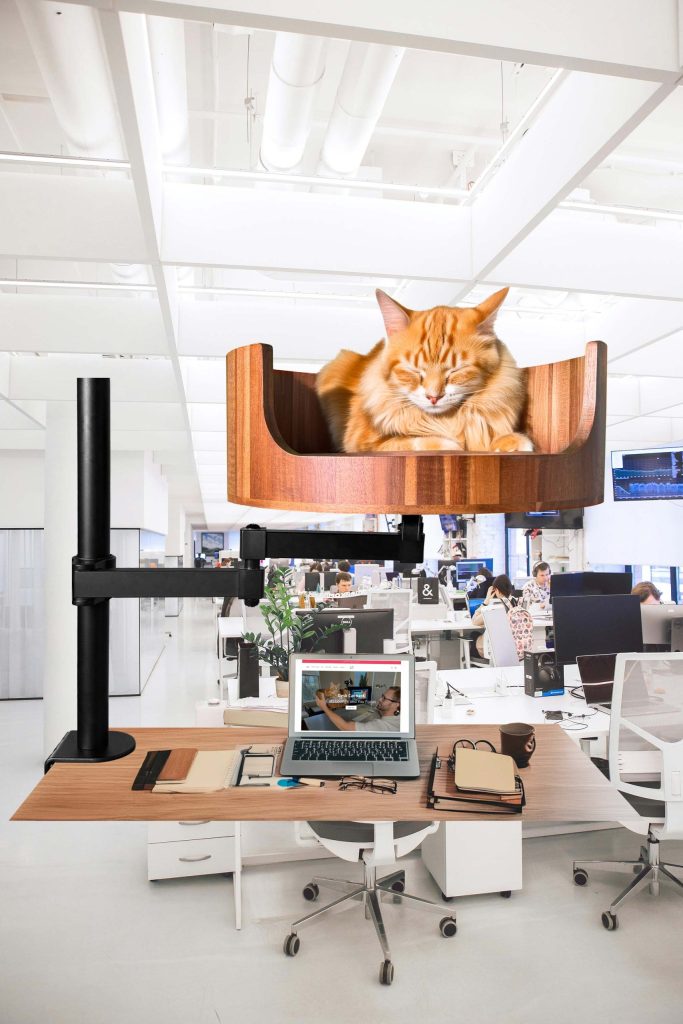It’s every pet owner’s worst nightmare—coming home to find their beloved kitten unresponsive or showing signs of distress. As a cat parent, it’s crucial to be aware of the common indicators that your kitten may be in trouble. From changes in behavior to physical symptoms, there are several key signs to look out for when determining if your furry friend is in distress.
In this article, we will explore the various signs of a dying kitten and what to look for in order to provide timely and appropriate care. By understanding the key indicators of a potentially life-threatening situation, you can act swiftly to potentially save your kitten’s life. From changes in appetite and energy levels to abnormal breathing patterns and vocalizations, being vigilant and proactive is essential when it comes to the health and well-being of your four-legged companion.
1. A kitten showing signs of lethargy, lack of appetite, difficulty breathing, or unusual vocalizations may be in distress and should be examined by a veterinarian.
2. Changes in body temperature, pale gums, or unresponsiveness are serious indicators that a kitten may be dying and requires immediate medical attention.
3. Monitoring a kitten’s behavior, hydration levels, and overall well-being can help catch signs of decline early on.
4. Providing comfort, warmth, and gentle care can improve a dying kitten’s quality of life during their final moments.
5. Understanding the signs and symptoms of a dying kitten can help pet owners make informed decisions about their beloved furry friends’ care.
Changes in Appetite
A decrease in appetite is one of the first signs that a kitten may be seriously ill. If you notice that your kitten is eating significantly less than normal or refusing food altogether, it could be a red flag that something is wrong.
Difficulty Breathing
Labored breathing, wheezing, or rapid breathing can all be signs of respiratory distress in a kitten. If your kitten is struggling to breathe or seems to be gasping for air, it is important to seek immediate veterinary care.
Lethargy
A kitten that is unusually quiet, unresponsive, or lacking in energy may be showing signs of illness. While kittens are known for their playful and energetic nature, a sudden change in behavior to become lethargic should not be ignored.
Dehydration
If a kitten is not drinking enough water or is experiencing diarrhea or vomiting, they may become dehydrated. Signs of dehydration in kittens can include dry mouth, sunken eyes, and lethargy.
Changes in Body Temperature
A kitten that feels abnormally hot or cold to the touch may be experiencing a fever or hypothermia. Monitoring your kitten’s body temperature with a thermometer can help determine if they are in distress.
Desk Cat Nest FAQ
What are the signs of a dying kitten?
Some common signs of a dying kitten include extreme lethargy, lack of appetite, difficulty breathing, vomiting, and diarrhea. If you notice any of these symptoms in your kitten, it is important to seek veterinary care immediately.
How can a Desk Cat Nest help my dying kitten?
A Desk Cat Nest provides a comfortable and safe space for your kitten to rest and recover. The plush bedding and enclosed design can help keep your kitten warm and secure during this difficult time.
Is a Desk Cat Nest suitable for all sizes of kittens?
Desk Cat Nests come in various sizes to accommodate kittens of all sizes. Make sure to choose the appropriate size for your kitten to ensure maximum comfort and support.
Can I wash the bedding in a Desk Cat Nest?
Yes, the bedding in a Desk Cat Nest is machine washable for easy cleaning. Simply remove the bedding from the nest and follow the washing instructions provided.
How can I provide additional comfort for my dying kitten?
In addition to a Desk Cat Nest, you can provide extra warmth for your kitten by placing a heating pad under the bedding. Make sure to monitor the temperature to prevent overheating.
In conclusion, the Desk Cat Bed is a valuable choice for addressing signs of a dying kitten as it provides a comfortable and safe space for your feline companion to rest and recuperate. The raised design helps promote better airflow, while the soft cushioning offers support for ailing kittens. Additionally, the Desk Cat Bed’s compact size makes it easy to place near your workspace, allowing you to keep a watchful eye on your pet while tending to your daily tasks. Overall, investing in a Desk Cat Bed is a wise decision that can help improve the quality of life for your kitten during a challenging time.


